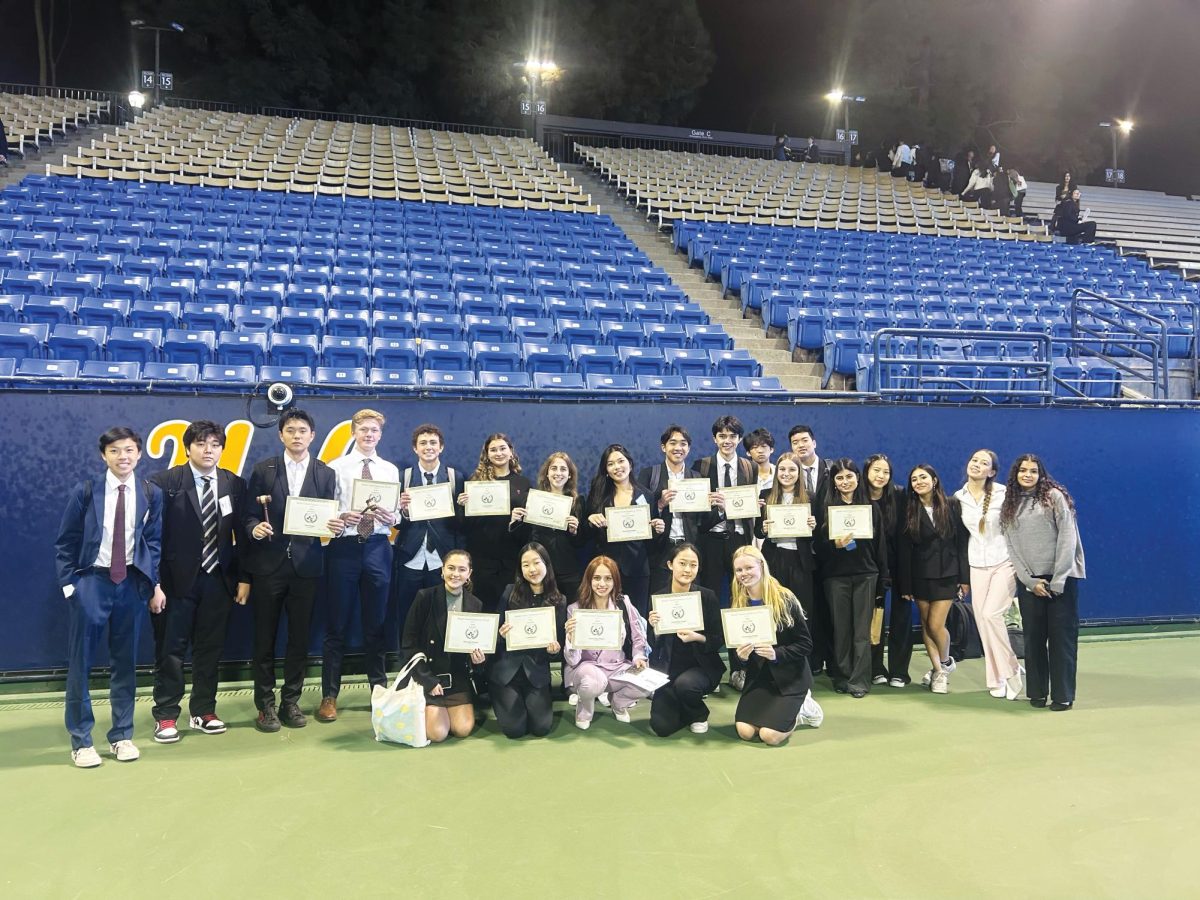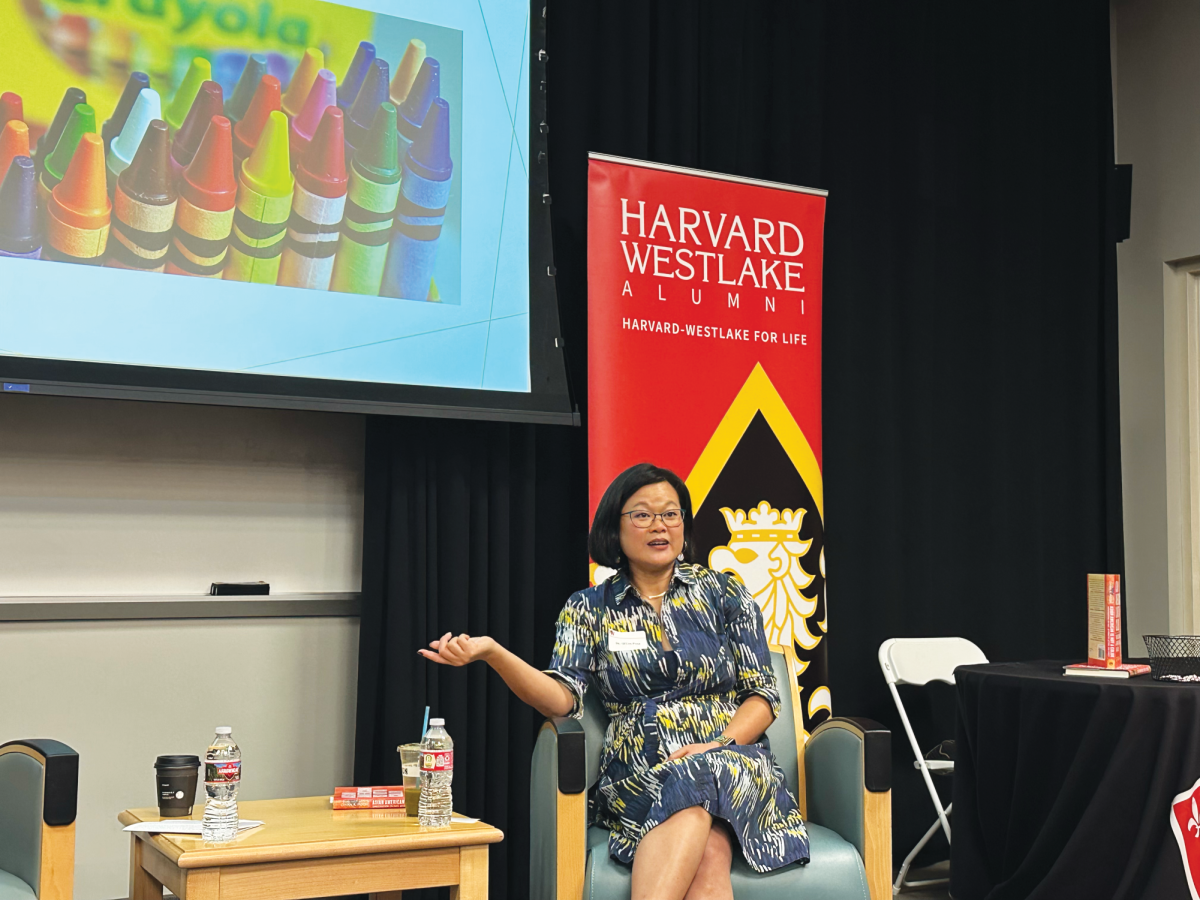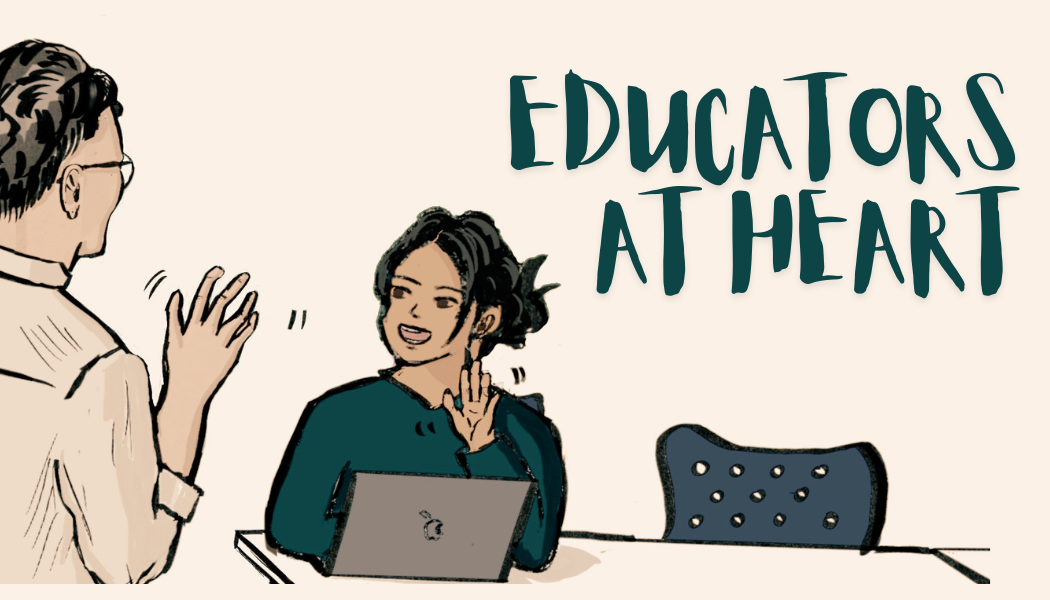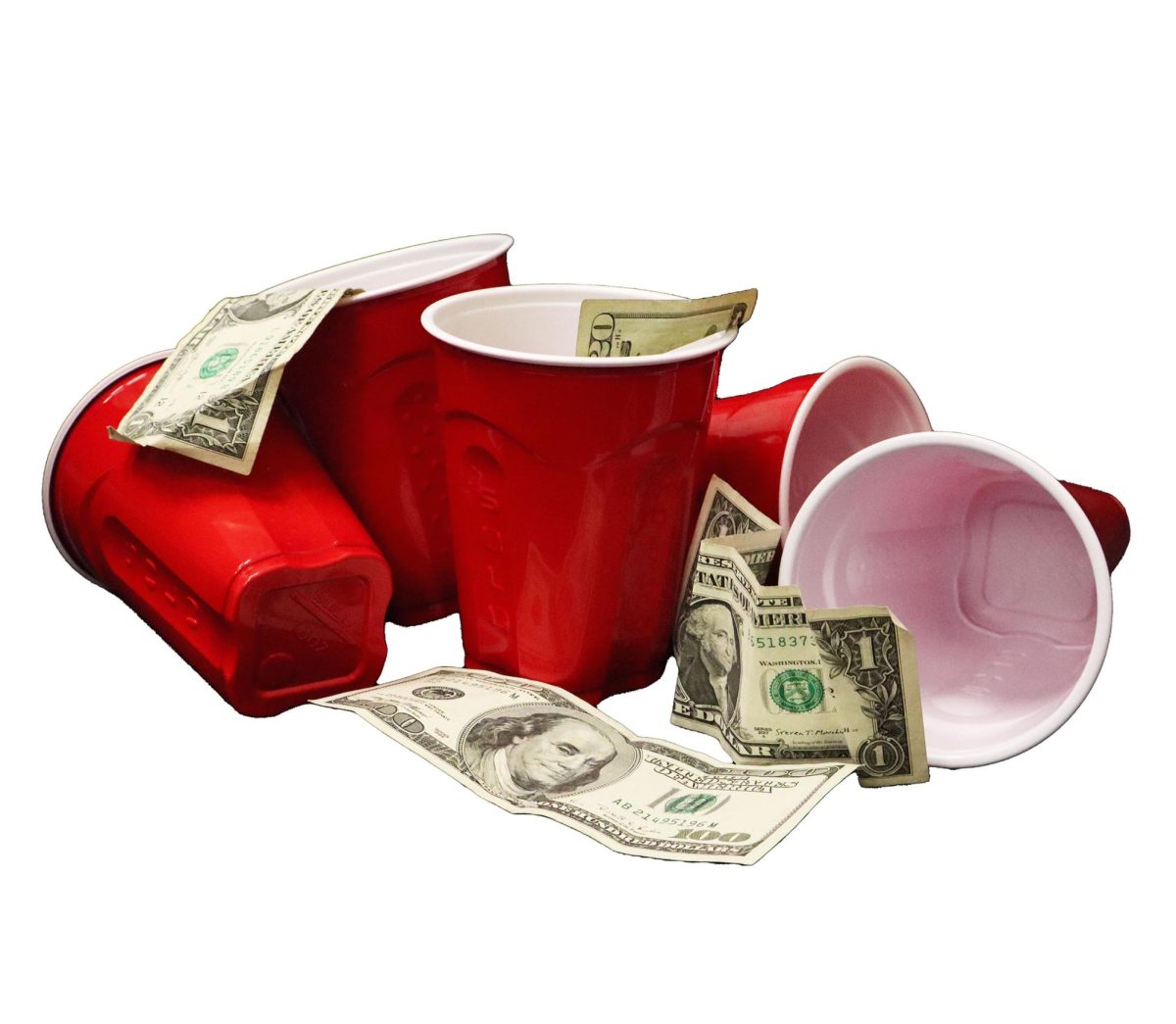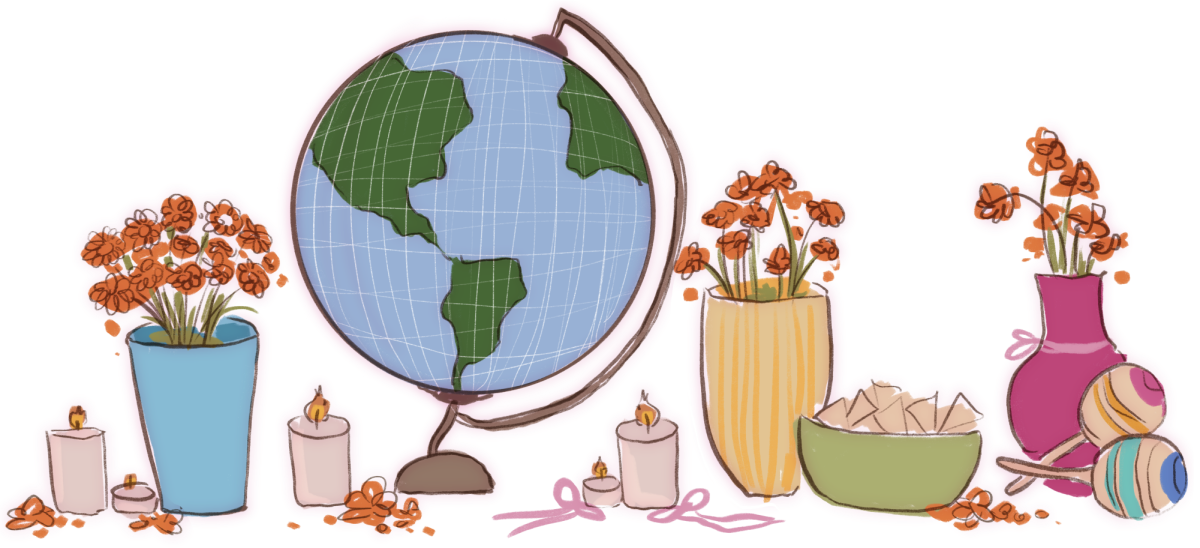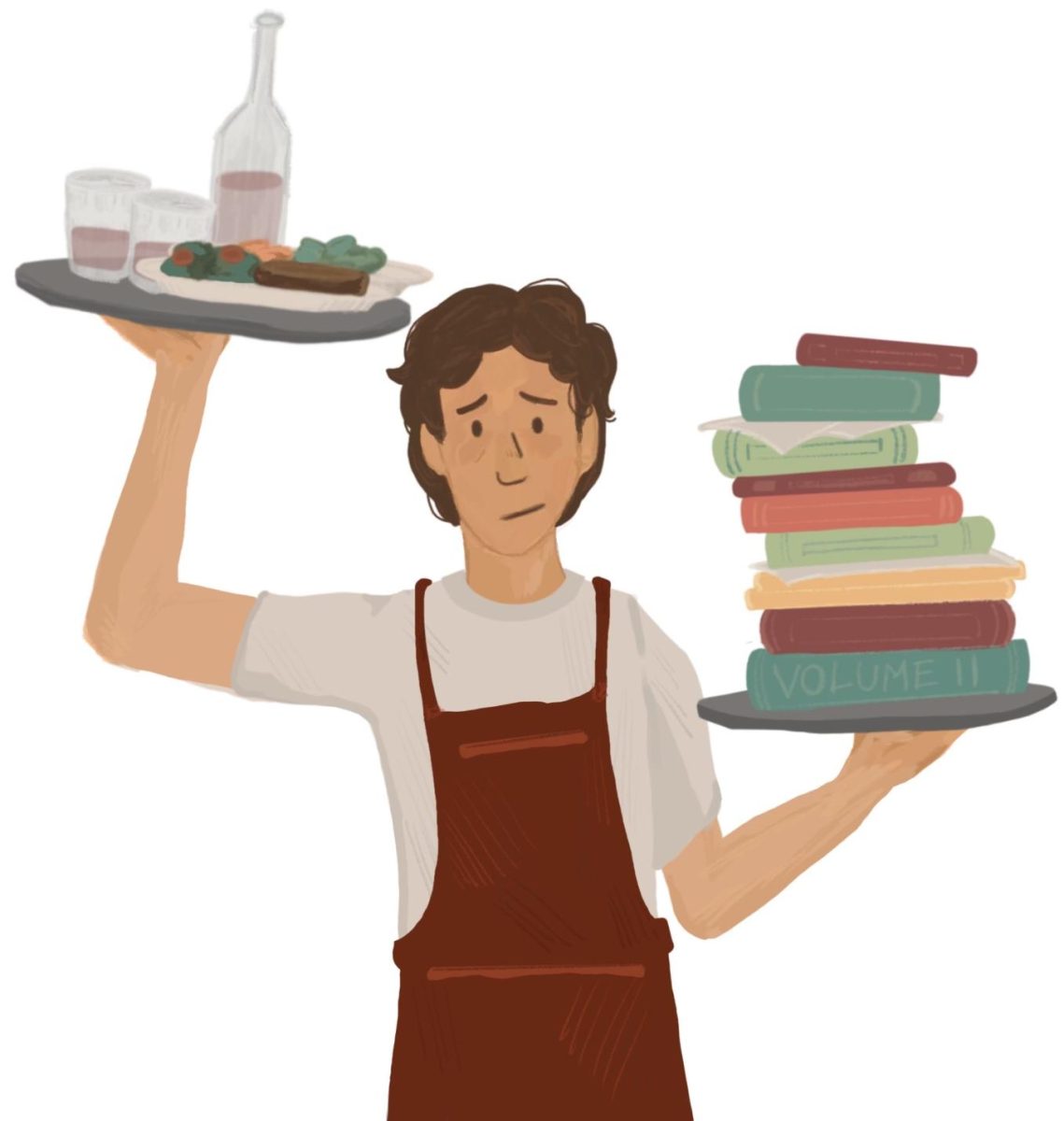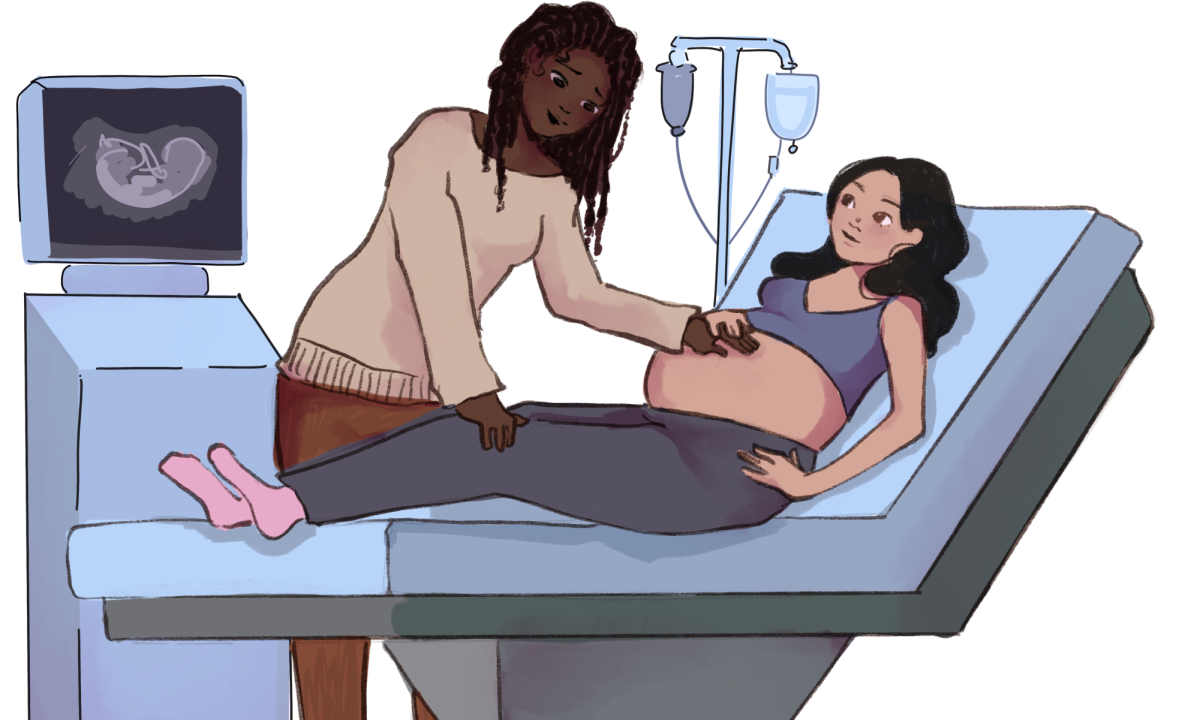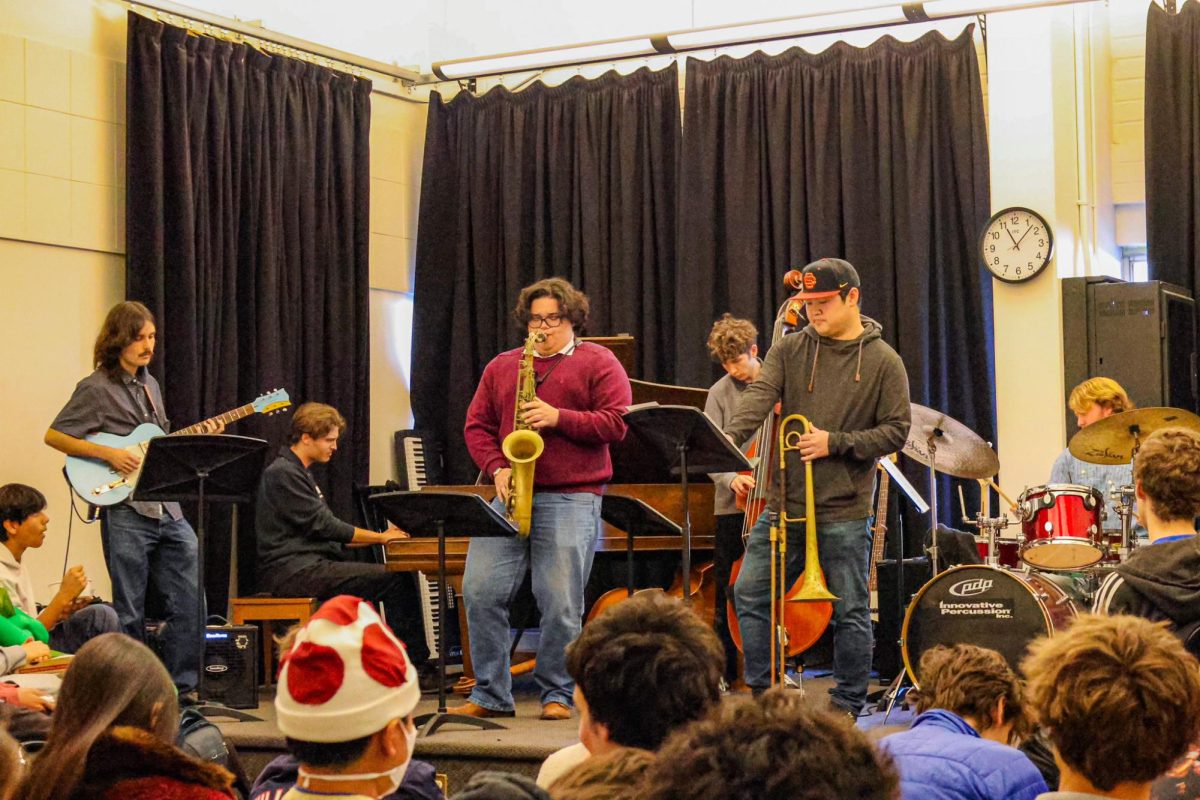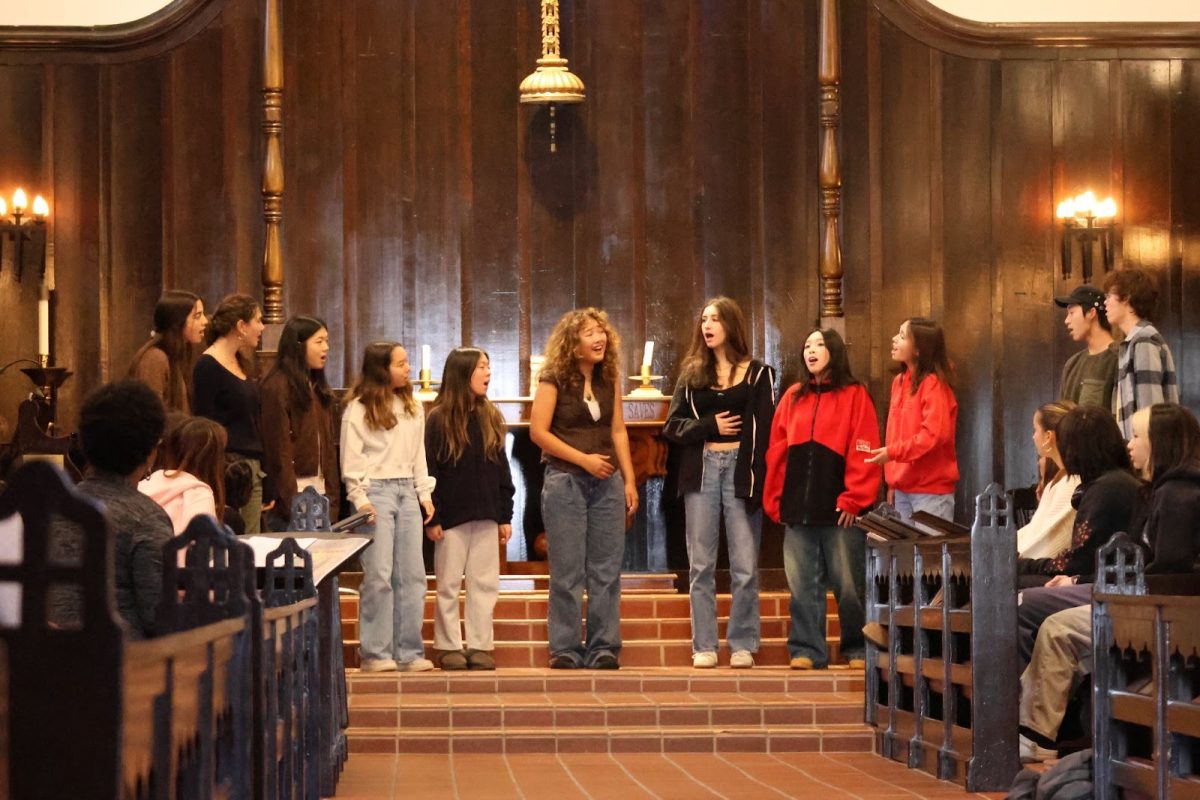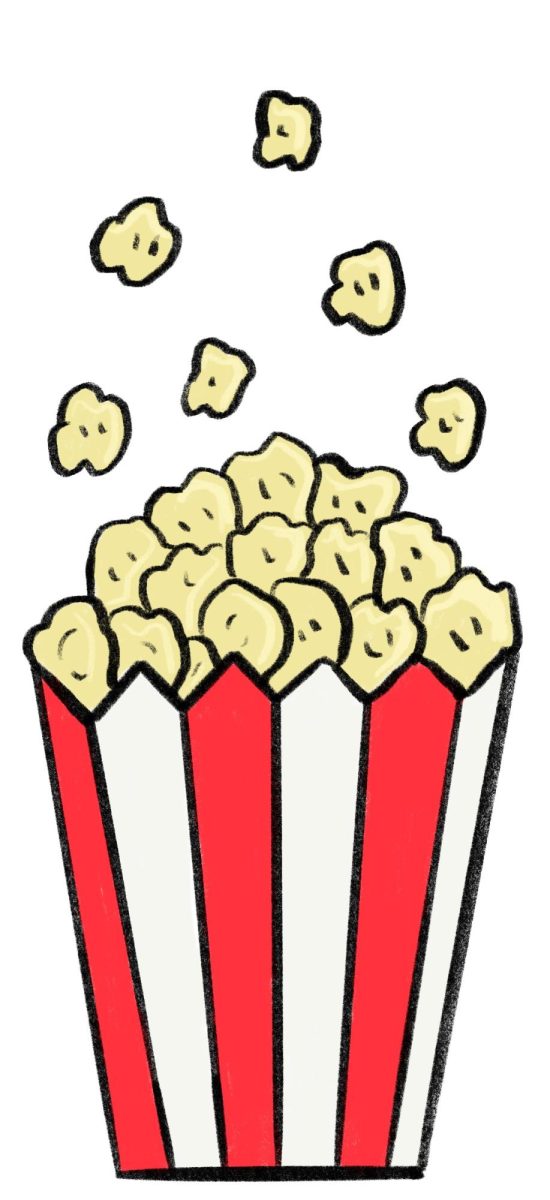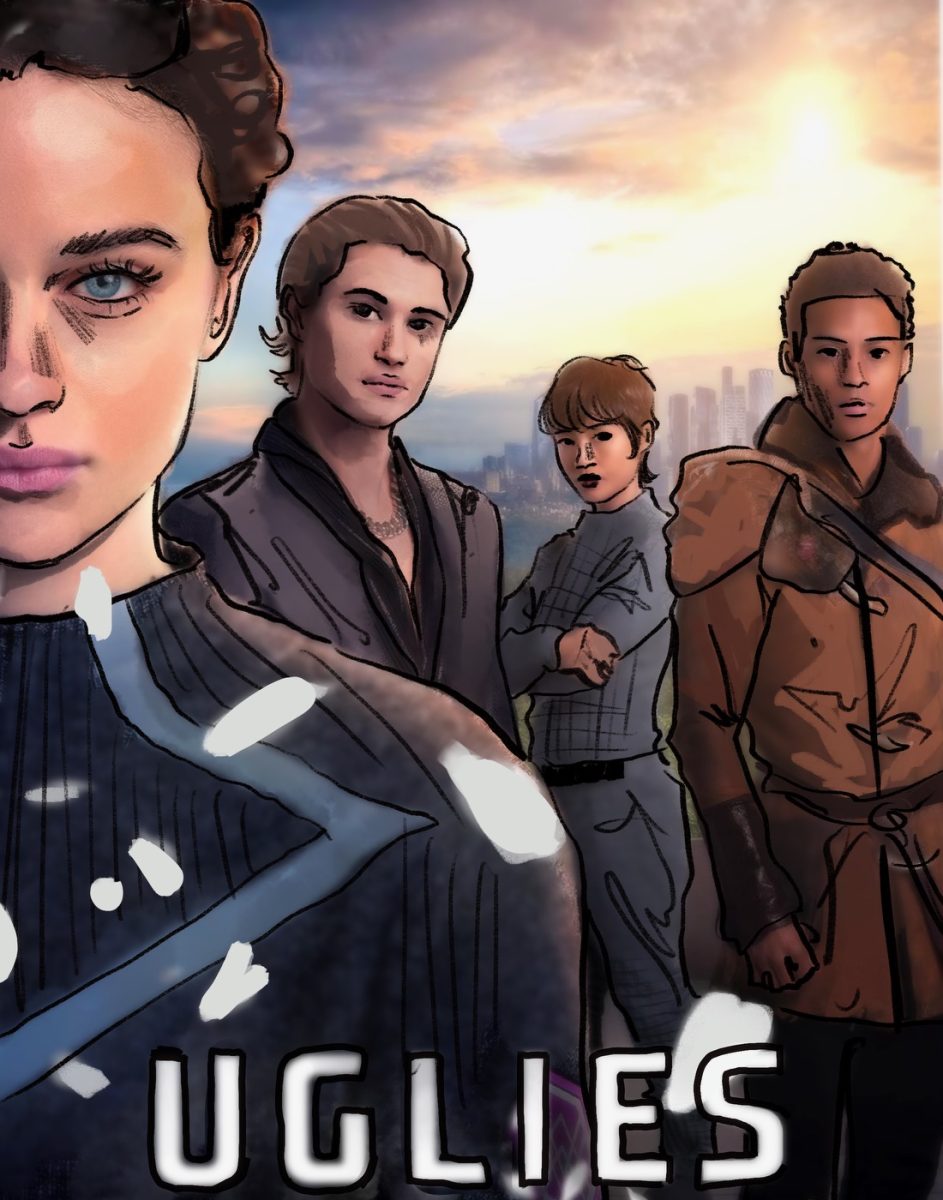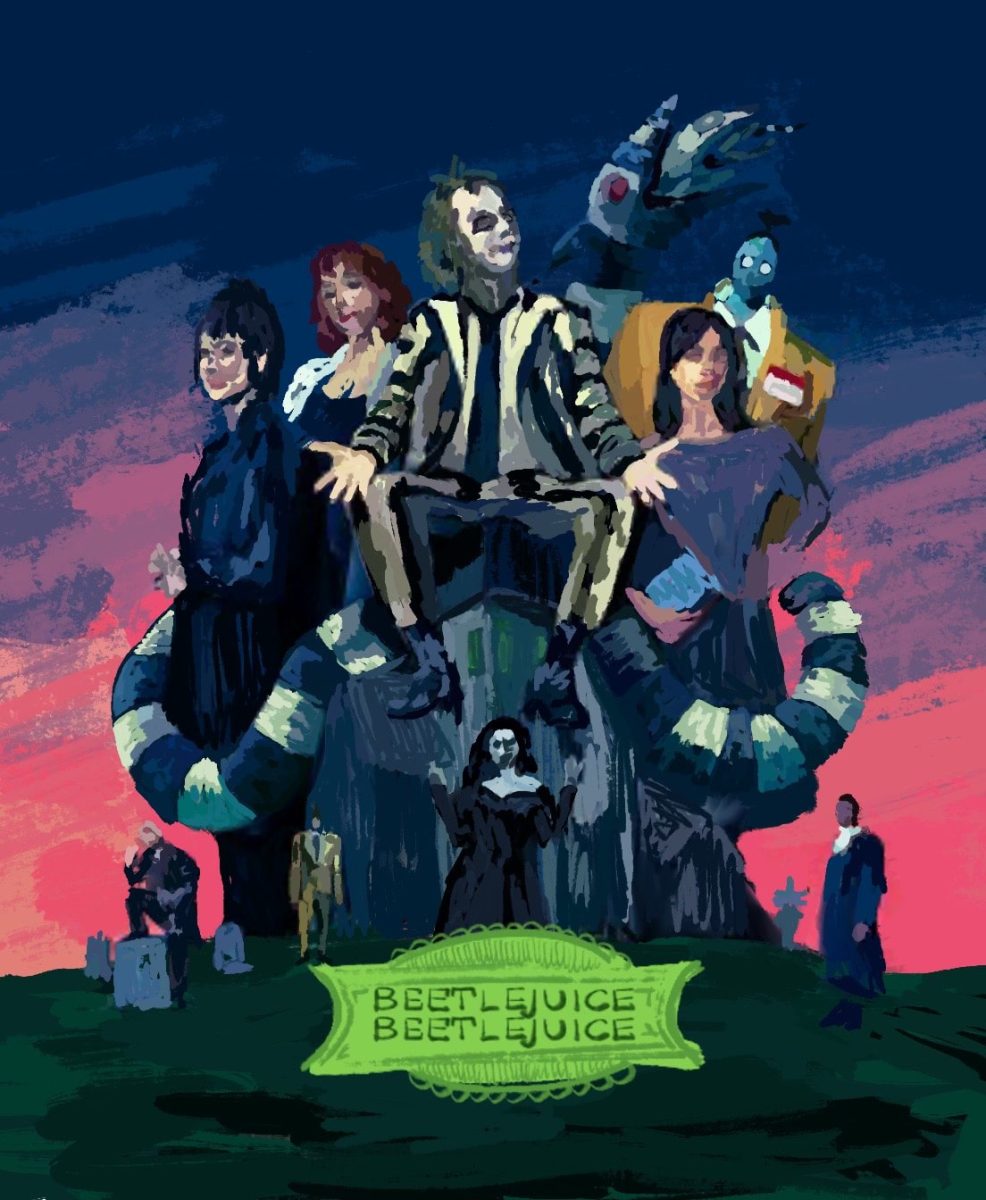By Hana Al-Henaid
Environmental activist Ann Bradley explained the importance of voluntary-simplicity to students during break on April 29 in honor of the culmination of Earth Month.
Bradley introduced herself to the audience with a brief explanation of the way she lives.
Bradley embraced environmental activism after attending “No Purchase Necessary,” a voluntary-simplicity conference produced by Carol Holst at the University of Southern California in September 1998.
“I came in one person, and left a completely different person,” Bradley said.
After the conference, Bradley said she changed three of her major habits by always carrying a few specific items with her: a reusable bag, a reusable cup and a reusable napkin â on a more personal note, she has also adopted the habit of picking up her dogâs excrement with old chip bags.
“I am not, by any stretch of the imagination, advocating an ascetic lifestyle,” Bradley said. “I have a rich, phenomenal life. It is just much more important to say no to any extraneous items that will generate waste.”
In addition to incorporating those three habits into her life, Bradley has also developed and incorporated a specific six-step personal mantra: refuse, return, reuse, reduce, repurpose and recycle, the last of which she considers “kind of a cop-out” because recycling plants have to use so much energy to make something new from something old.
More important, she said, is refusing to accept disposable items that are unnecessary to life.
Bradley asked each student to think of an item they have “too much of” and brainstorm a way to reduce their consumption and waste in those areas: paper and clothes were popular responses.
Since 2002, Bradley has been car-free and is currently working on improving the Los Angeles public transportation system. She had previously been car free for almost a decade.
“The great regrets of my life are the three cars I possessed over the course of my car owning years,” Bradley said.
On her way to the school, Bradley found a discarded vacuum and recognized an opportunity to reuse. She brought it with her and explained its potential.
Afterward, Bradleyâs left with a specific message to the Harvard-Westlake community.
“You are the movers and shakers who will be making change in the near future,” she said. “You have to embrace the burden.”
Environmental Club adviser Martha Wheelock invited Bradley to speak to students about environmental awareness and activism.
The the two met in March while attending artist-in-residence Kim Abelesâ environmental art exhibit in Feldman-Horn gallery.
Bradley finished her presentation by emphasizing how once a person tries to make due with what he or she already has, the person realizes how little is actually needed to go to waste throuhgout a personâs life.

